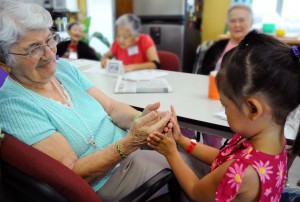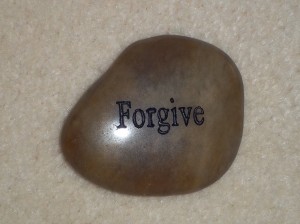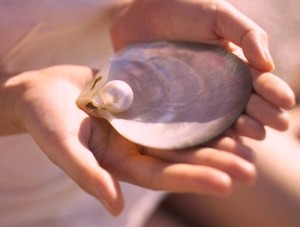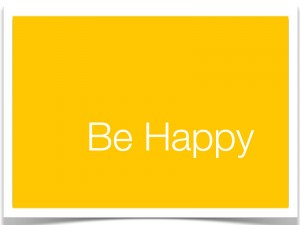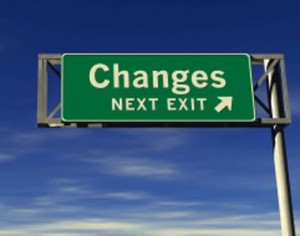I’ve just come back from two weeks in Italy (yes, it’s a hard job, but someone has to do it). While there, I noticed something that one 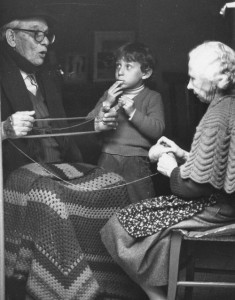 doesn’t often see in the United States.
doesn’t often see in the United States.
In all the little villages, there is the custom of the passeggiata. In the early evening, after the heat of the day, whole families take a gentle stroll, usually winding up in the central piazza of the town. What you see are entire families: small children on bicycles or kicking soccer balls, parents, and grandparents. As you watch the nonni (most often the nonna, or grandmother) keeping a watchful eye on the grandchildren, there’s a feeling of real integration into family life.
Spending time in Italy made me think of one of our Legacy Project elders, Maria. Like many Italians of her generation, Maria immigrated to this country, experiencing a mix of opportunity, hardship, and resilience. Maria has been married for 57 years. It would be hard to find a happier 83-year old, despite what many would consider a hard life.
Maria shared her lessons for living:
I didn’t have opportunity to go to college but we did have a school, and we had to go miles away from home even for that. And sure, it’s very important to get a good education. But now young people expect too much and too soon. We didn’t have what we have today; we didn’t have computers, we didn’t have TV. So today they’re lucky, they can learn a lot. But I feel that they don’t enjoy life, they look for something they cannot find. So they go with the bottle, they go with drugs and all that.
My life has been hard at times. I went through so much that I can’t even explain. The decision to come to this country was the best one at that time, because we had to go someplace, but we lost everything, it was very hard to leave your own country. I left my hometown at sixteen with my father and my brother. What I learned there was how to grow up fast and take care of my brother who was little, be a mother for him. I worked hard, I will suggest to everybody that if they want something, work hard and they’re going to get it.
I wasn’t spoiled, I was happy with nothing, and that made me work hard to get a little bit more. Take life the way it comes, easy. Try not to think about tomorrow too much, you know? Enjoy today because you don’t know when it’s tomorrow, if you’re going to be here tomorrow.
I enjoy every minute! I love my husband; every time he goes out, I never let him go without a kiss because you always wonder if something can happen. Never fall asleep without saying goodnight to the husband, never. And don’t be mad, that’s what I learned in my life, don’t be mad at other people. Enjoy things now, and stop worrying.
 This summer, the Legacy Project has been thrilled to partner with the Division of Geriatrics and Gerontology at Weill Cornell Medical College in New York City on a college internship project.
This summer, the Legacy Project has been thrilled to partner with the Division of Geriatrics and Gerontology at Weill Cornell Medical College in New York City on a college internship project.
